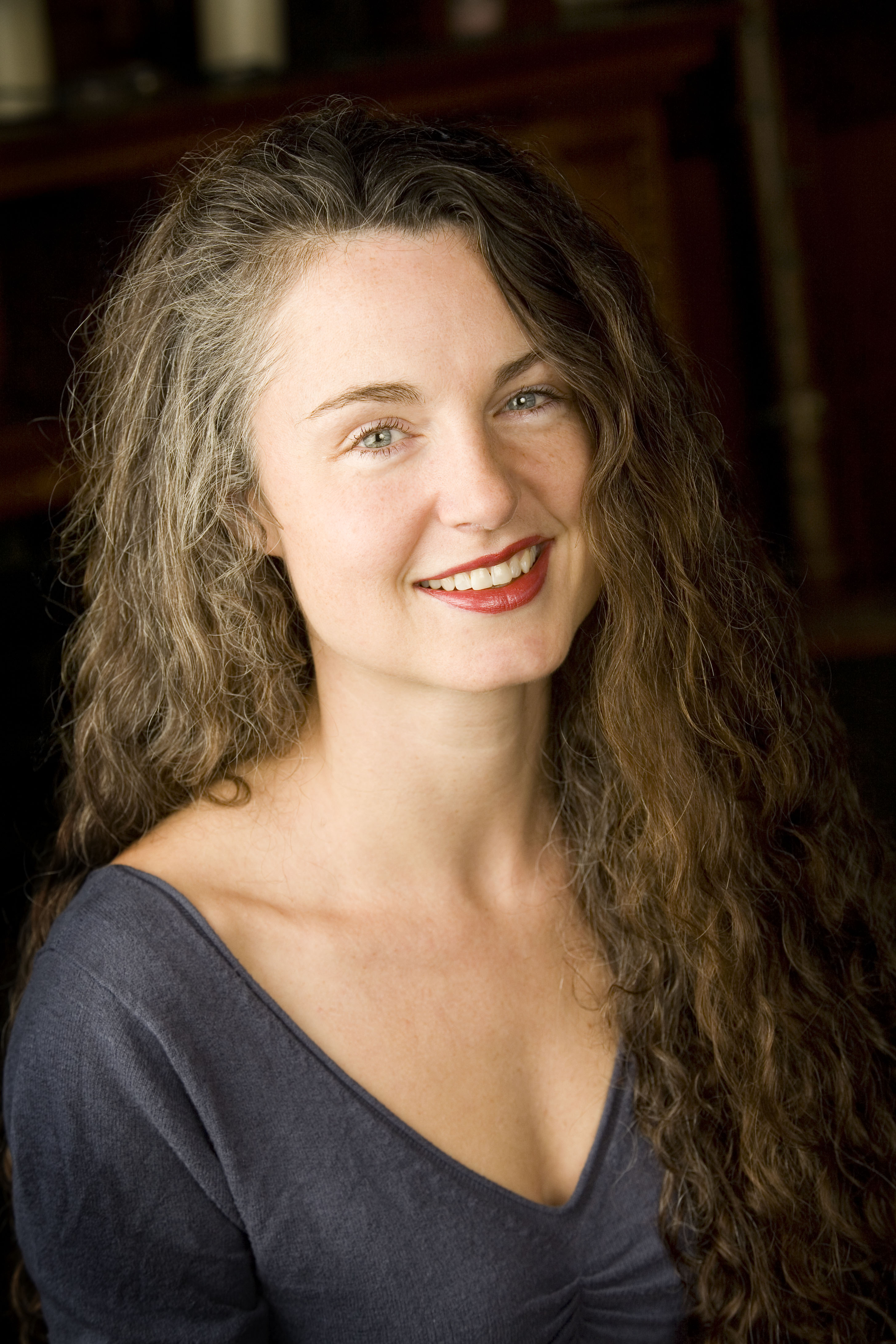I recommend this book to anyone with an interest in what it means to be human.

You will never think of Mother Teresa in the same way again after reading this book. Mary Johnson's brilliant and shocking memoir gives us an intimate portrait of the cloistered world of the Missionaries of Charity, the organization Mother Teresa founded in 1950. Mary writes with immense bravery and honesty, sparing herself nothing in telling her story. Eager to devote her life to helping the poor and downtrodden, she joined the MCs at the tender age of 17 and spent twenty years as a sister in the organization.
The life of a nun is not at all what I naively expected it to be. I’ve always had this romanticized notion that nuns could spend all day in quiet meditation, set their own schedules, devote themselves to good works, and bond meaningfully with their sisters. Yet Mary writes of a daily schedule that left little time for sleep, let alone private time or friendship. In fact, privacy was nonexistent.
One of the things I found most shocking was the prohibition against friendship. I don’t know how any person survives life without meaningful relationships. Yet these sisters are asked to live without any kind of touch, which strikes me as deeply inhumane. I found myself thinking, wouldn’t the sisters have much more energy and time to devote to serving the poor if they were allowed to sleep eight hours a night? And have friends to support them when they struggled? And people to listen to their problems without judgment? And not have to deal with unreasonable demands of their supervisors? The schedule demanded of the sisters seemed so inhumane and counterproductive.
I was also shocked by the cruelty of so many of the women. I’ve always sought out the company of women and female communities, because that is where I have felt the most understanding and support. So I found it astonishing that an all-female community could be so terrible to its members. And unfair! It was so frustrating to have an idea of the contributions that Mary, with her intellect and her heart, could have made to various communities and countries, and to see her constantly denied the chance to use her potential. As a reader I felt desperate for her to have a chance to go work directly with the poor and be free of all of the administrative politics. I don’t understand why a religious life requires the denial of both heart and mind. As Mary mentions in the book, what kind of faith can it be – how strong is it really - if it cannot survive education and argument?
When Mary writes about a priest who said that the more education women received, the more likely they were to leave the sisterhood, it reminded me of the women I once mentored in Yemen. What I found in Yemen was that the more educated a woman was, the more likely she was to want to abandon the country. She was also more likely to be miserable with her plight. Uneducated women who were given no choices with their lives often expressed more contentment. But what does that mean? Is their happiness real? Or only the result of a lack of awareness that they could have any other life? These are among the many provocative questions raised by this book. I think that it’s somewhat true that having too many choices can be a burden – I feel this when I walk into a deli in NYC and I see 479 kinds of sugarless gum and iced tea. It’s overwhelming, especially after living in developing countries.
Mary Johnson is a better person than I could ever dream of being. She has a genuine longing to help others and improve the world. If even she could not ultimately continue a life as an MC, I can’t help but question the organization itself.
This book is a fascinating read whether or not you have any interest in religion and regardless of how devout you are. I recommend it to anyone with an interest in what it means to be human.
Jennifer Steil is the author of the highly-acclaimed The Woman Who Fell From the Sky, An American Woman’s Adventures in the Oldest City on Earth (2010, Broadway Books/Random House), a memoir of the year she spent as editor of the Yemen Observer newspaper in Sana’a, Yemen. Her novel, The Ambassador’s Wife, will be published by Doubleday in spring 2015. Her website is website is: www.jennifersteil.net.

 Share Article
Share Article